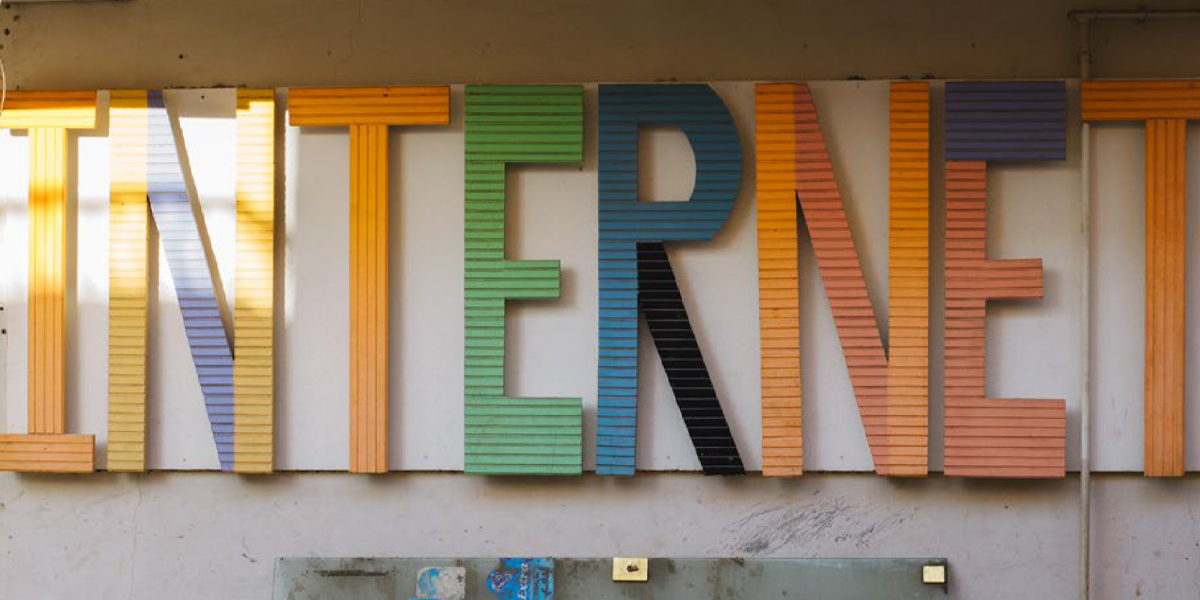Back to overview
07 | JULY - Innovation
In the mirror of the imaginary - Gerald Heidegger, ORF.at
"Home is not the place, it is the sum of feelings", stated the French revolutionary politician Louis Antoine Léon de Saint-Just. His finding could be extended for the digital present: Home is not the place, not just the sum of feeling - home is the sum of habits, practices and repetitions that promise stability for life. Home is the repetition of certain actions and rituals.
Checking my Facebook, Insta or WhatsApp quickly is one of the rituals that many people repeat in their everyday lives. Mostly even from their smartphone, which promises to cover almost all needs of everyday life apart from nutrition to sleep. One confirms one's own identity in certain groups, is in a virtual global, but mostly even very local village. Many groups with local names have carried the function of the village, the small group, into the digital space. And even if Herbert Marshall McLuhan did not know the internet, he had an inkling that the electr(on)ic "expansion of man" would result in precisely this phenomenon. The world is shrinking to the village, but the manageable space remains the guiding principle in the age of an overabundance of possibilities. Anyone who uses the word "homepage" today seems just as retro as using the word "internet". We have long been so networked that we don't need to worry about the type of networking. But this promotes precisely the longing for anchoring. People return to certain places and groups that promise stability. In the past, it was called the "topoi", the places and sites where knowledge and experience already made are located. Today it is the return to certain media and there to certain spaces that determines the behaviour of expectation. But it is also the suggestion of certain stabilities.
What is often still difficult for media makers to imagine is the fact that many people, especially in the networked age, knit their world through a primarily local need. This possibly also explains in the pandemic why the sum of behaviour seems more disparate than expected. "Austria is an imaginary name", the liberal Victor Franz von Adrian-Werburg once noted. When he wrote his sentence, Austria was in the Vormärz of 1843 and looked out on an empire with very many different identities. There are certainly not fewer of them in the Austria of the digital age.
_______________________________________________
INNOVATION
ORF Act
§ 10. (3) The overall programme shall strive for innovation.
§ 4e. (1) In order to fulfil its core public service mandate, the Austrian Broadcasting Corporation shall also provide an online service, which shall in particular include content accompanying programmes and content directly related to its broadcasting programmes.
_______________________________________________



